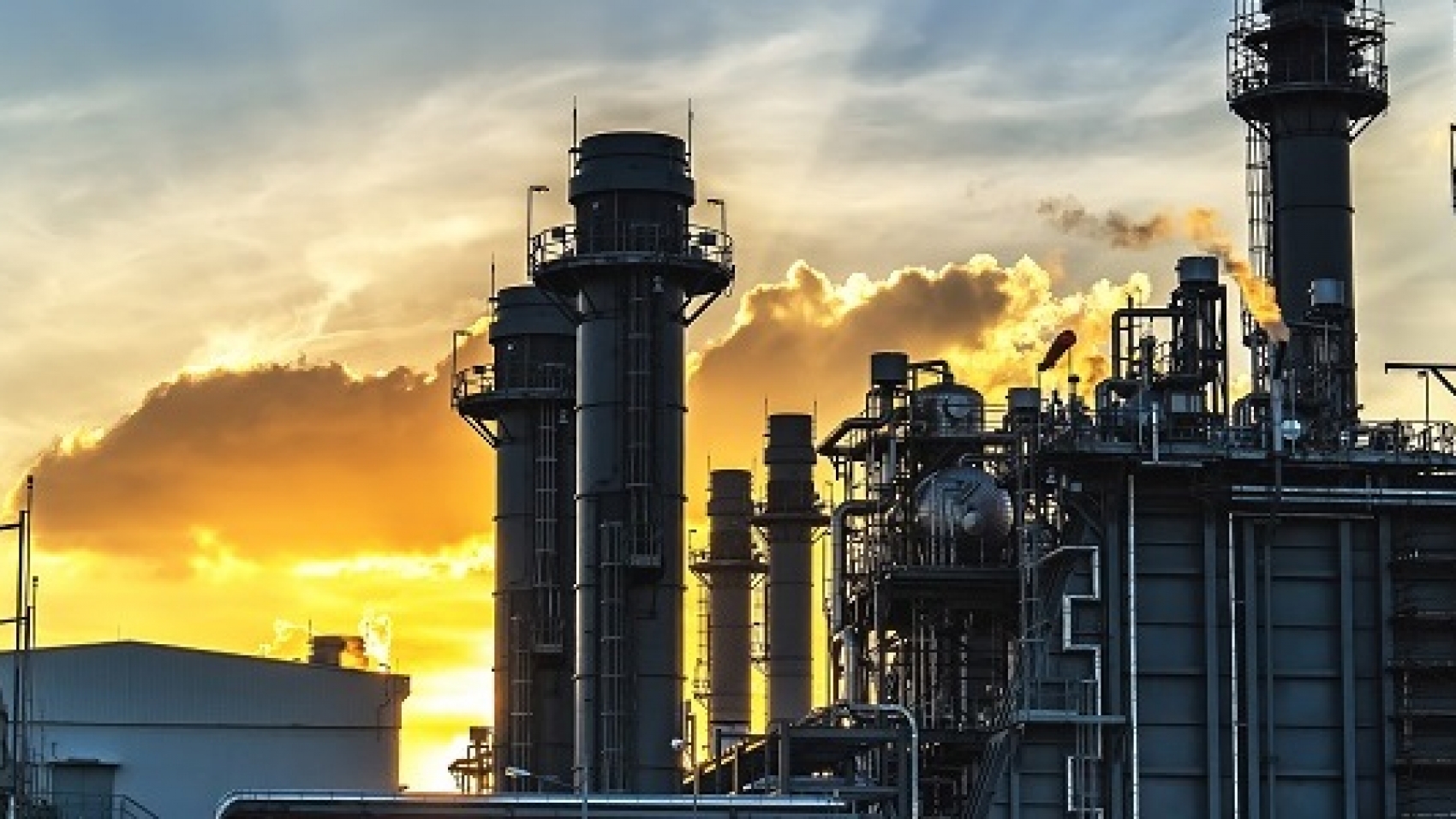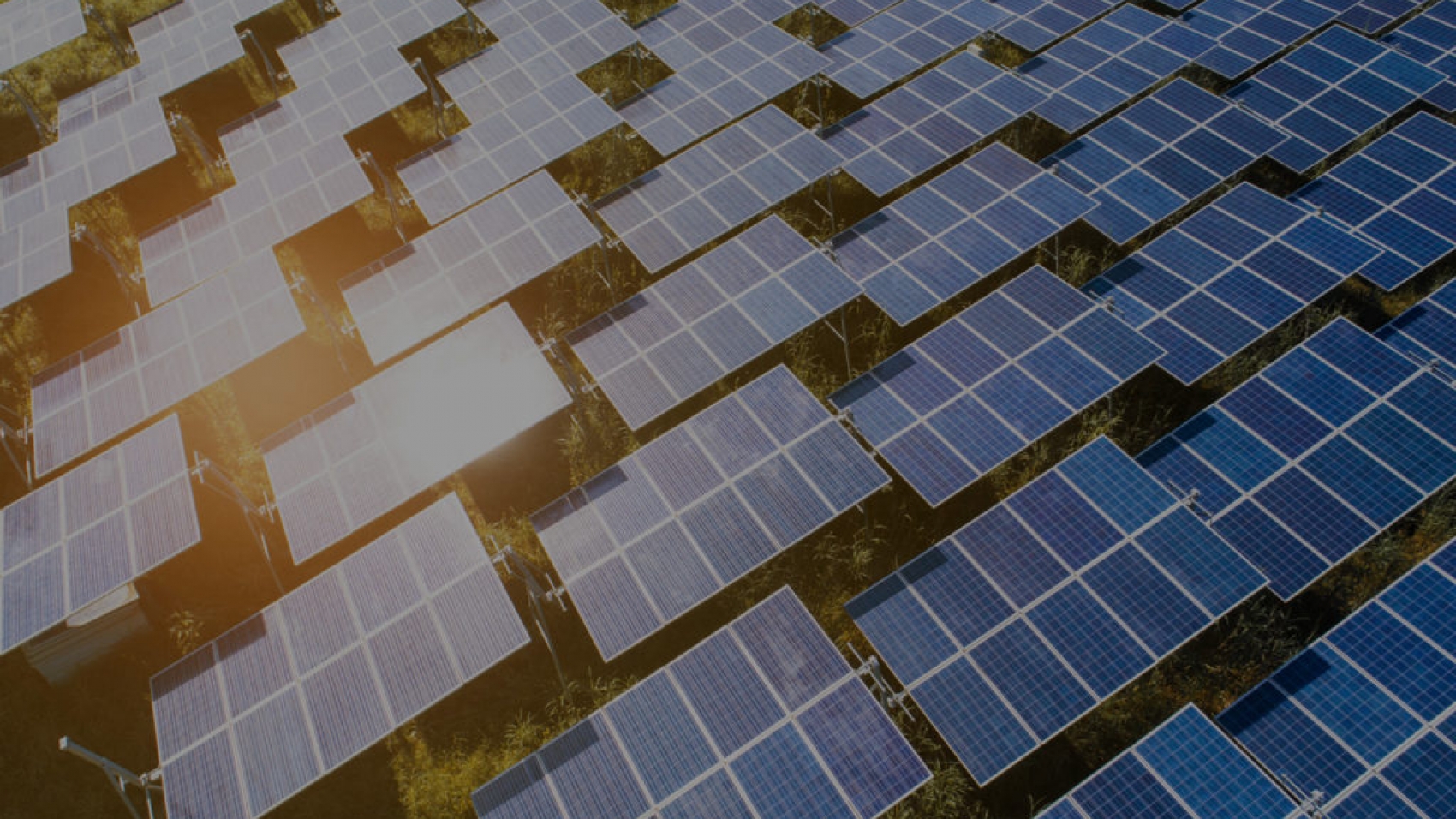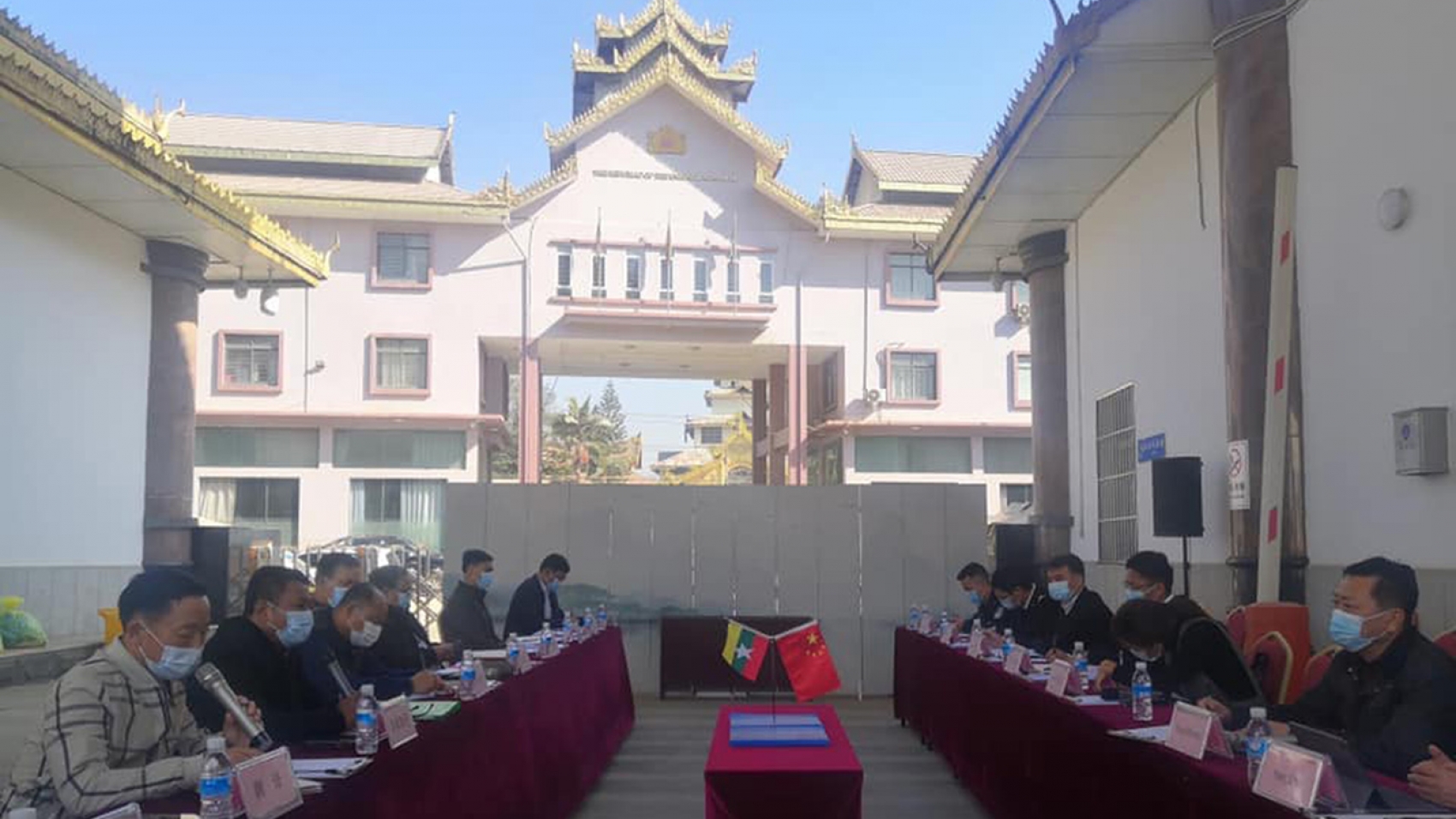Muse-Mang Weing land border will have 24-hour service between 5 and 14 January on a trial basis amid the strong COVID-19 safety measures. Myanmar primarily exported agricultural products and fisheries to China via the land border. The COVID-19 impacts triggered a trading halt. Among Myanmar-China land borders adjacent to Muse district, Mang Weing, Kyinsankyawt and Pansai (Kyu Kok) are open for trading between 6 am and 10 pm in line with COVID-19 health guidelines. However, trading hour limit caused delay and quality loss for perishable goods. It is almost a year that Myanmar found the first COVID-19 case. Following a friendly negotiation between a team led by Muse District head U Hlaing Soe Thant and the People’s Government of Ruili officials led by Mr Yang Shiyong on 2 January, trading hours through Muse-Mang Weing will be extended to 24 hours between 5 and 14 January on a trial basis. The two countries are responsible for the drivers to follow the health guidelines, and China continues imposing a driver substitution rule.
Myanmar’s fisheries and agricultural products can be quickly delivered to China. If the coronavirus preventive measures are successful during the trial period, trading will return to normal. Furthermore, other land borders such as Kyinsankyawt and Pansai (Kyu Kok) are also set to extend trading hours, according to the coordination meeting. At present, Nandaw and Manhero areas which were mostly crowded with people have been closed. Moreover, Sinphyu land border was also shut down for freight lorries. As a result of this, the authorities concerned from both sides negotiated the Sinphyu land border’s reopening later. At present, around 150 lorries can enter Mang Weing checkpoint per day. About 250 lorries are expected to pass the crossing upon 24-hour service, Muse Highway Freight Forwarders Association stated. The trade value through Muse border plunged to US$785.6 million between 1 October and 18 December of the current financial year 2020-2021 because of the impacts caused by the COVID-19 preventive measures.
According to the Ministry of Commerce, the figures reflected a decrease of $468 million compared to the corresponding period of the previous FY. Muse is an important border in Myanmar and handles the largest volume of trade. But at times, it has experienced a sharp drop in trade on account of China clamping down on illegal goods, resulting in a halt in the trade of agricultural products. Moreover, the COVID-19 impacts slow the business this year. Following the COVID-19 consequences, trading via Muse did not reach a monthly target of above $400 million in the previous months last FY. Myanmar intended to reach trade target of over $5 billion through Muse for the last 2019-2020FY; however, only $4.86 billion worth goods were traded. Border trade values at Muse stood at $5.4 billion in the 2016-2017FY, $5.8 billion in the 2017-2018FY and $4.9 billion in the 2018-2019FY respectively, as per data of the Commerce’s Ministry.
In a bid to contain the spread of coronavirus in the border, China banned border crossing. Shortly after that, about 50 drivers are allowed to pass the border under driver substitution system. Those drivers are, however, tested every three days. As a result of this, China included them in the vaccination programme, covering 41 Myanmar lorry drivers so far, said U Min Thein, vice-chair of Muse rice wholesale centre. Myanmar exports agricultural products, including rice, beans and corns, and fishery products such as crab, prawn, etc. Furthermore, Myanmar’s natural gas export to China is also conducted through Muse-Ruili border. The raw CMP materials, electrical appliance and consumer goods are imported into the country.
Source: The Global New Light of Myanmar



